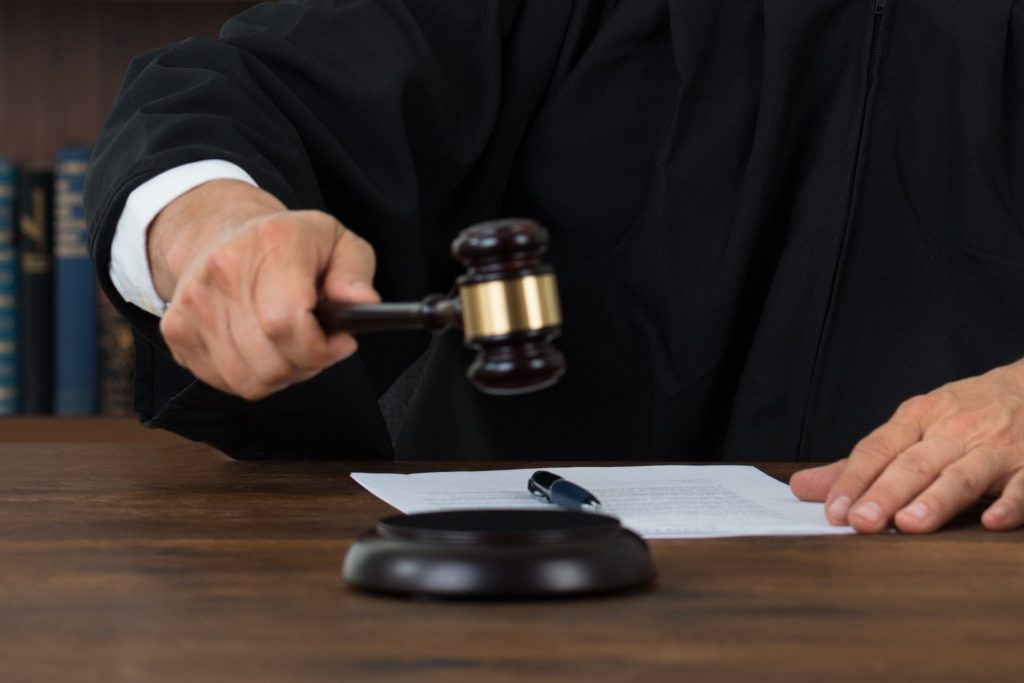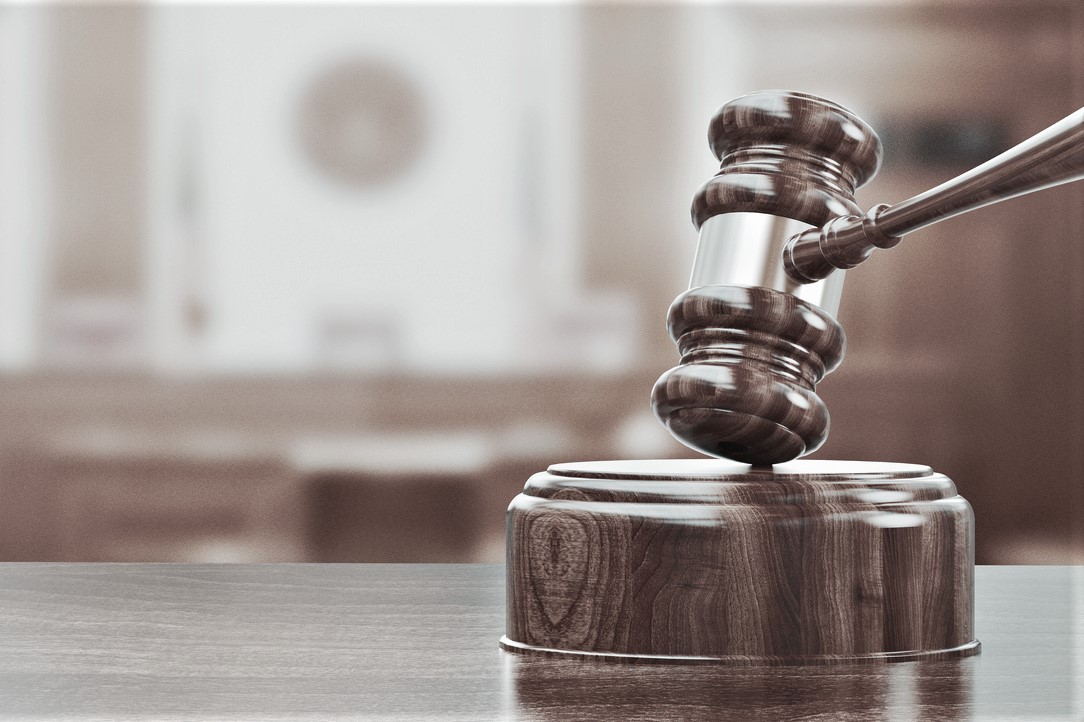Not every case gets a preliminary hearing (sometimes called a “preliminary examination” or “prelim”). Courts usually only hold preliminary hearings in cases where the defendant enters a plea of “not guilty.” But even then, not all states always have a preliminary hearing in all criminal cases. Some states only hold preliminary hearings in felony cases. Others only hold them at the request of the defendant. Some states hold them in every criminal case. But, if you do have a preliminary hearing, you do have certain rights that apply.
What happens at a preliminary hearing?
A preliminary hearing is somewhat similar to a regular criminal trial. The prosecutor presents testimony and evidence to a judge. Your attorney can cross-examine that testimony and challenge that evidence. Your attorney can also call defense witnesses. But there are some key differences between a preliminary hearing and a trial.
- Judges. There is no jury in a preliminary hearing, also called a preliminary examination. A judge alone oversees the preliminary hearing and makes a decision.
- Determination of guilt. The purpose of the preliminary hearing is not to find you guilty or not guilty. Instead, it is to decide whether there is enough evidence to go forward with a trial. The prosecutor must show probable cause.
- Hearsay. In many cases, hearsay can be admitted as evidence in a preliminary hearing. That’s not the case in a regular criminal trial.
What rights do you have during a preliminary hearing?
Different states have different procedures for preliminary hearings. But the rights you have during a preliminary hearing are somewhat consistent around the country.
- An Attorney. You have the right to have an attorney represent you in a preliminary hearing. If you cannot afford one, the court will appoint one for you.
- Cross-Examination. You or your attorney has the right to question every prosecution witness.
- Self-Incrimination. You do not have to testify against yourself.
- A Defense. You can defend yourself during a preliminary hearing. But many defense attorneys choose not to present a significant defense. This is for two strategic reasons. First, because the probable-cause standard the prosecutor must meet isn’t high. Second, because you don’t want to give away your trial strategy beforehand.
- Testimony. You also get a transcript of the preliminary hearing. This will include testimony from the prosecutor’s witnesses. If those witnesses change their story later in the case, you can use their earlier testimony against them.

What happens after a preliminary hearing?
At the end of the preliminary hearing, the judge will make a ruling based on the evidence. There are three common outcomes:
- Bound Over. If the judge believes there is enough evidence to support the charges against you, you will be “bound over.” This means that the judge agrees that there is enough evidence to go to trial.
- Dismissal. If the judge does not think there is probable cause for a trial, they can dismiss the charges. But the prosecutor can refile the charges in some circumstances.
- Reduction of Charges. Sometimes, a judge may decide to reduce the charges against you. If the charge is a serious felony, a judge may not believe there is enough evidence to support the charges against you. But the judge may still believe there is evidence to support one or more charges. So they could choose to downgrade the charge a misdemeanor or low-level felony.
The Takeaway:
The purpose of a preliminary hearing is to decide whether there is enough evidence for a trial. Not every criminal case has a preliminary hearing. But you do have rights during these preliminary hearings if your case has one. These rights are similar to those at a regular trial.






